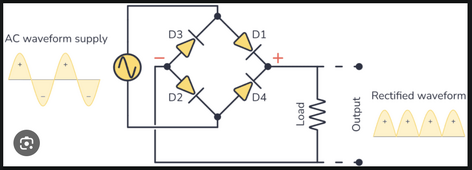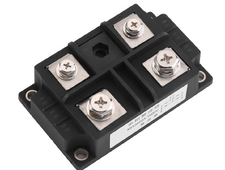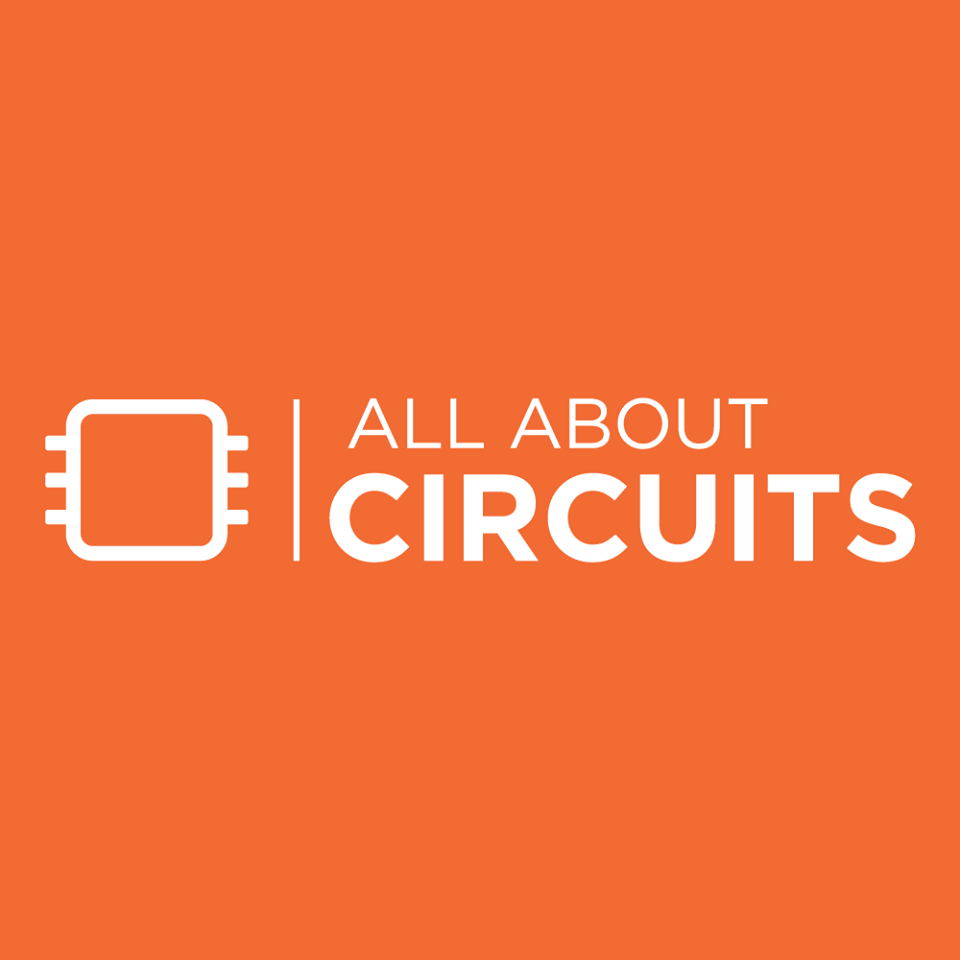I am not sure this charger would be good to charge a battery. Without giving the actual charging voltages for each setting, I would avoid these multi-voltage chargers. If you could set them voltages like for an MPPT, that would be fine.
I had some of the same thoughts you do about a charger like this, if you read in the description and look at the zoomed pictures, the voltages (bank) are adjustable, and have a low, med, and high amps for all of those (but of course not able to fine tune absorption or float voltages). Not saying that would make it a 'good' charger, but perhaps someone would want to test one.
I come from the 80's when brands were a thing (a way to get an idea about quality to some extent), and when you saw brand names you never heard of before, it would kind of made me wonder about how good they were, where these days, most everything is made in a certain large country (with all brands you never heard of before), where quality can be hit or miss either way, where one almost has to try the thing out to know if it is a silver bullet or a throwaway item.
This Beelab is the one I did not want to link earlier. Not sure of the voltage it charges at, which I think could be too close to the max charging rate, especially if cells are unbalanced.
The two settings for each voltage are 12/24/36/48 for each voltage plus a high setting. The high setting seems like it equalizes, and the regular setting, not sure what the chargign voltage for each of those are. I would not want to charge above 14 volts per 12 volts for a lithium and preferably 13.6 volts so to avoid pushing too much voltage into an unbalanced high cell.
It might be the kind of charger where you don't just want to set on charge and walk away too long, rather to keep an eye on it, see how it's doing. I'm not really into this kind of charger, since they're trying to be a one-size-fits-all thing (where they often times suffer at doing any one thing optimally). I would definitely prefer to use a Victron MPPT over something like this, where I can set a battery bank voltage and custom chemistry charge profiles, all from bluetooth.
I rather just have different chargers to do specific things (for bench / shop use), like my 12v or 12v/24v chargers for shop / automotive, and the 48v charger with LFP / AGM / GEL / SLA profiles for bench charging in that range, and a digital power supply (like RD6018 or something) for doing anything in between that I don't commonly charge, or like for top balancing the 3.4v LFP cells or something. I have an RD6012 now, which was the max amps model they sold at the time, and I like it a lot for doing manual power supply stuff and custom charging (where I will babysit it, change it from absorption to float voltage or stop charging on it as needed manually)...





